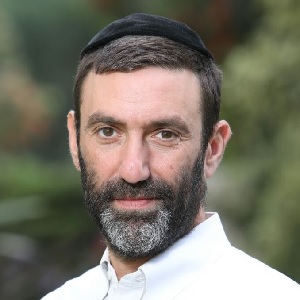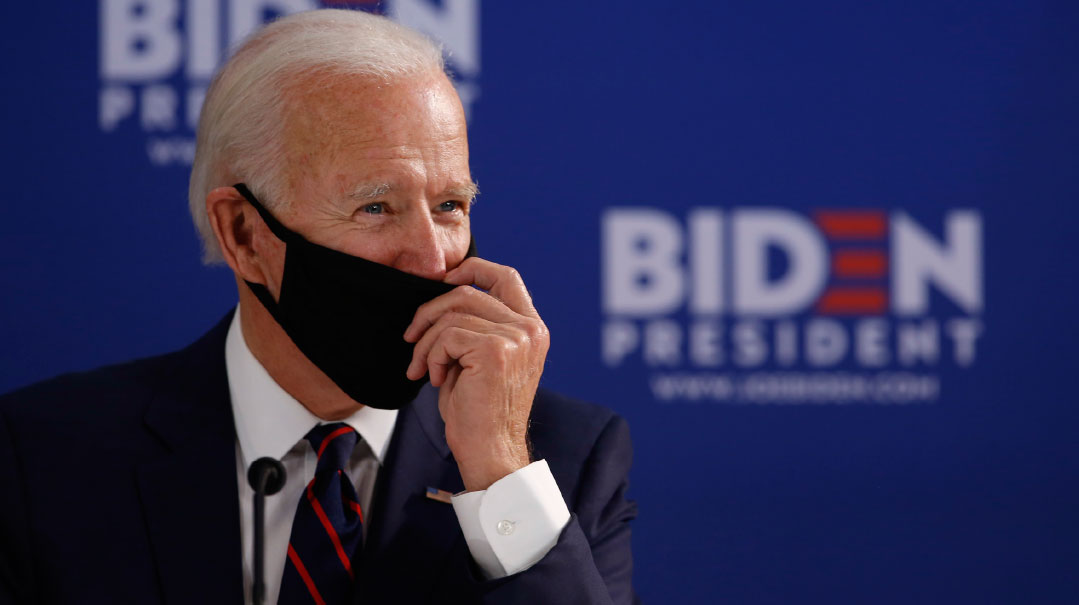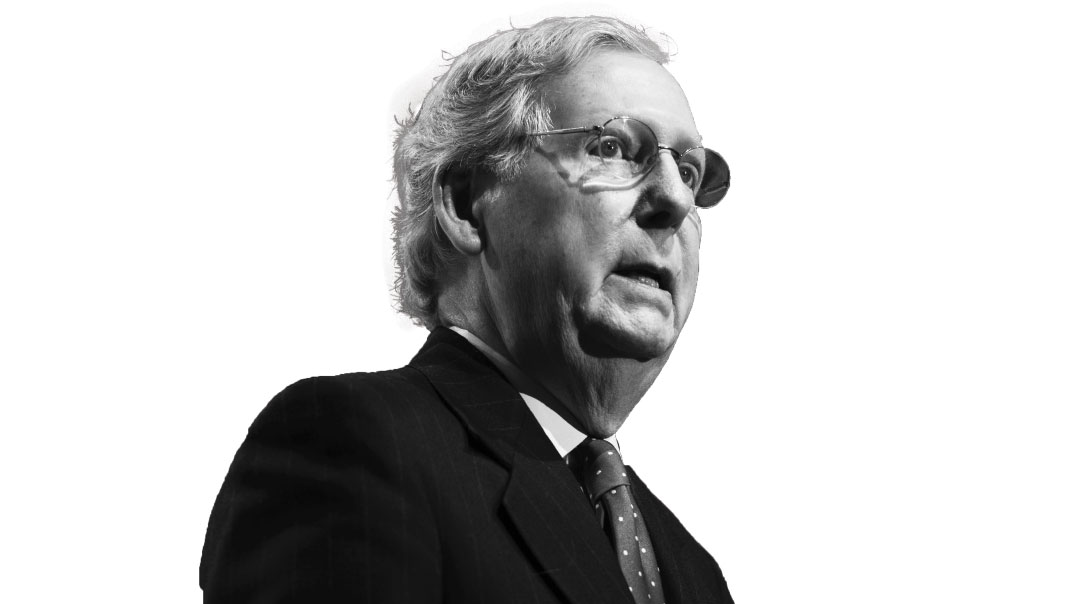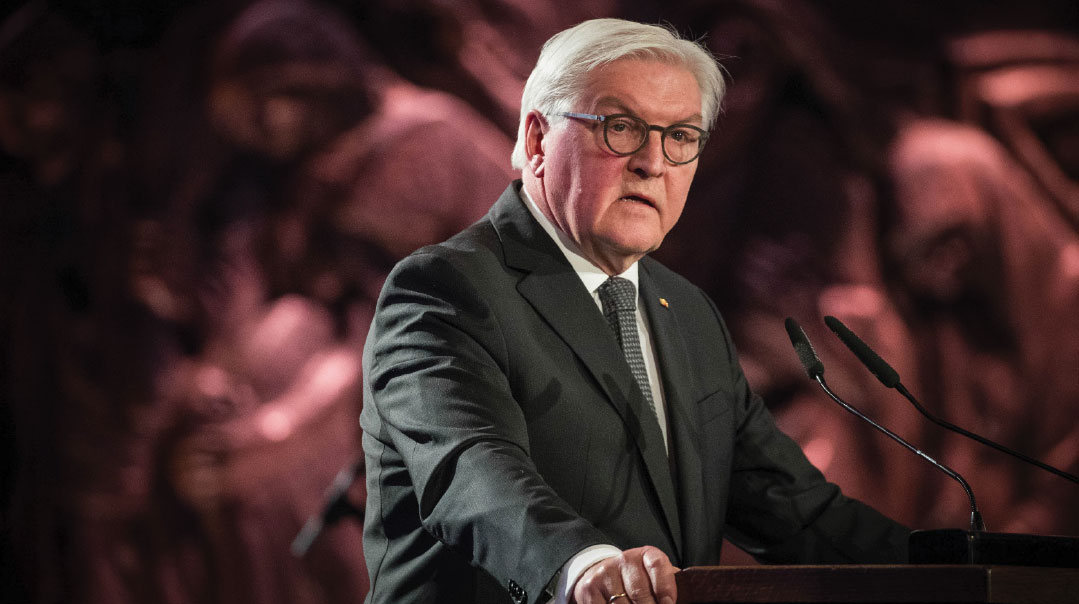Backwards at the Forward


The Forward has become the publication I love to hate.
Nearly every day, I am assured of a nearly apoplectic response to one of its stories or editorials. In its pages, Orthodox Jews are depicted as either a) perverted deviants or b) criminals or c) political Neanderthals with no heart or conscience. In the wake of the Pittsburgh massacre, for example, at a time when there was a great outpouring of communal love, at a time when Squirrel Hill was held up as an example of Jewish interfaith comity, the Forward published a story with the headline “Orthodox Rabbi: Don’t Pray for Pittsburgh Victims Because They Were Conservative Jews.”
The rabbi in question has a history of making controversial remarks and is considered a figure far outside the Orthodox mainstream. What’s more, a number of Orthodox communal leaders responded directly to the claim and condemned the rabbi. Rabbi Moshe Weinberger of Aish Kodesh in Woodmere, New York, for instance, responded by calling the video clip “vile” and an “obscenity.”
But why consider fairness when trying to make an ideological point? The editors of the Forward seem determined to discredit normative Orthodox Judaism, convinced that our practice and way of life is harmful to its practitioners and constitutes a stain on Judaism, generally.
I hadn’t thought it possible, but last week the Forward reached a new low. Its latest article attacking the Orthodox — “White Nationalism Is Spreading Among the Orthodox — Even After Pittsburgh” — is so vile, so full of unsubstantiated facts and stereotypes, that it boggles the mind.
The writer’s argument is this: After the Pittsburgh shootings, liberal Jewish groups agreed that white nationalism was to blame for the killings — and more generally, President Trump, who, if not a white nationalist, certainly encourages the movement — so why haven’t the Orthodox? To make his point, the writer cherry-picks a statement from the Reconstructionist movement that explicitly blames white nationalism for the attacks. He also cites a Reform movement statement, in whose headline the words “white nationalism” appears. The writer doesn’t cite the Conservative movement’s response to the massacre, precisely because it does not mention “white nationalism.” Why let intellectual integrity ruin a hyperbolic essay?
And the Orthodox?
Despite the genuine mourning and the idealism behind the calls for unity, Orthodox Jews have by and large refused to name white nationalism — or President Trump — as the culprits. While there have been general calls to stand up to extremism and anti-Semitism, none have named the ideology, the rhetoric, and the identity that led to the deadliest mass shooting targeting Jews in American history.
Why is that, according to the writer?
This refusal is not incidental. It stems from the fact that Orthodox Jews cannot see white nationalism for what it is, even when it is literally shooting them in the face, for the terrible reason that that its talking points have become mainstreamed in their communities, too.
The right wing and Orthodox Jewish worlds take their talking points from the secular right. And the secular right has become infected by white nationalist rhetoric, so much so that it has become impossible for the people who have adopted these views to recognize them, and to see the danger they present to their own community.
So, ipso facto, Orthodox Jews are in cahoots with white nationalists. What’s his proof? None of the statements of the major Orthodox Jewish organizations used the words “white nationalist.” They only condemned anti-Semitism generally, so naturally, they are covering for their white nationalist brothers.
For the record, the Orthodox Union issued an impassioned statement, deploring the “horrific murders”:
“This senseless act of anti-Semitic violence was not only an egregious attack on the Jewish community, but an attack on the very foundations of civil society and our collective democratic values,” said Allen Fagin, the Orthodox Union’s executive vice president.
“Our hearts break for the senseless murder of our fellow Jews and all victims of vicious hate crimes,” said Moishe Bane, president of the Orthodox Union. “We condemn the dangerous rhetoric that foments such senseless violence and we stand with the Tree of Life Congregation and the whole Pittsburgh community at this terrible time.”
The statement from Agudath Israel of America was even stronger:
The murder of 11 people during a Shabbos service this morning in a Pittsburgh synagogue is a horrific tragedy and an outrage. Our deepest sympathies go out to the mourning families and friends of the victims who were targeted because they were Jews…
There are simply no words of condemnation that can truly express our anguish and disgust at the perpetrator of this hate-fueled act or others like it. Any platform or group, including those on social media, that serves to stir up and metastasize bigotry and anti-Semitic hatred needs to be called out and shut down for incitement of violence. Until all Americans confront the horror of anti-Semitism head on, our great Democracy will not have achieved its promise.
This, from a community that is regularly tarred in the Forward’s pages for its myopia, its parochialism, its stubborn adherence to centuries-old dogma and tradition. How can any fair reader see anything but an outpouring of communal love and respect in these statements?
The writer goes on to cite the work of two prominent Orthodox writers, Dennis Prager and Ben Shapiro, as further examples of Orthodoxy’s bend to the racist right, along with the failure of Orthodox Jews to line up squarely with the liberal camp in the immigration debate as evidence of religious Jews’ moral failures. The point is clear.
Why do I even bother to respond to such drivel? Because at a certain point, all this “criticism” becomes something much worse, something more sinister, and all too familiar. It begins to feel as though Orthodox Jews are being singled out, blamed for something they didn’t do, demonized. That this kind of commentary comes from a Jewish publication makes it all the more surprising and repugnant.
(Originally featured in Mishpacha, Issue 718)
Oops! We could not locate your form.













